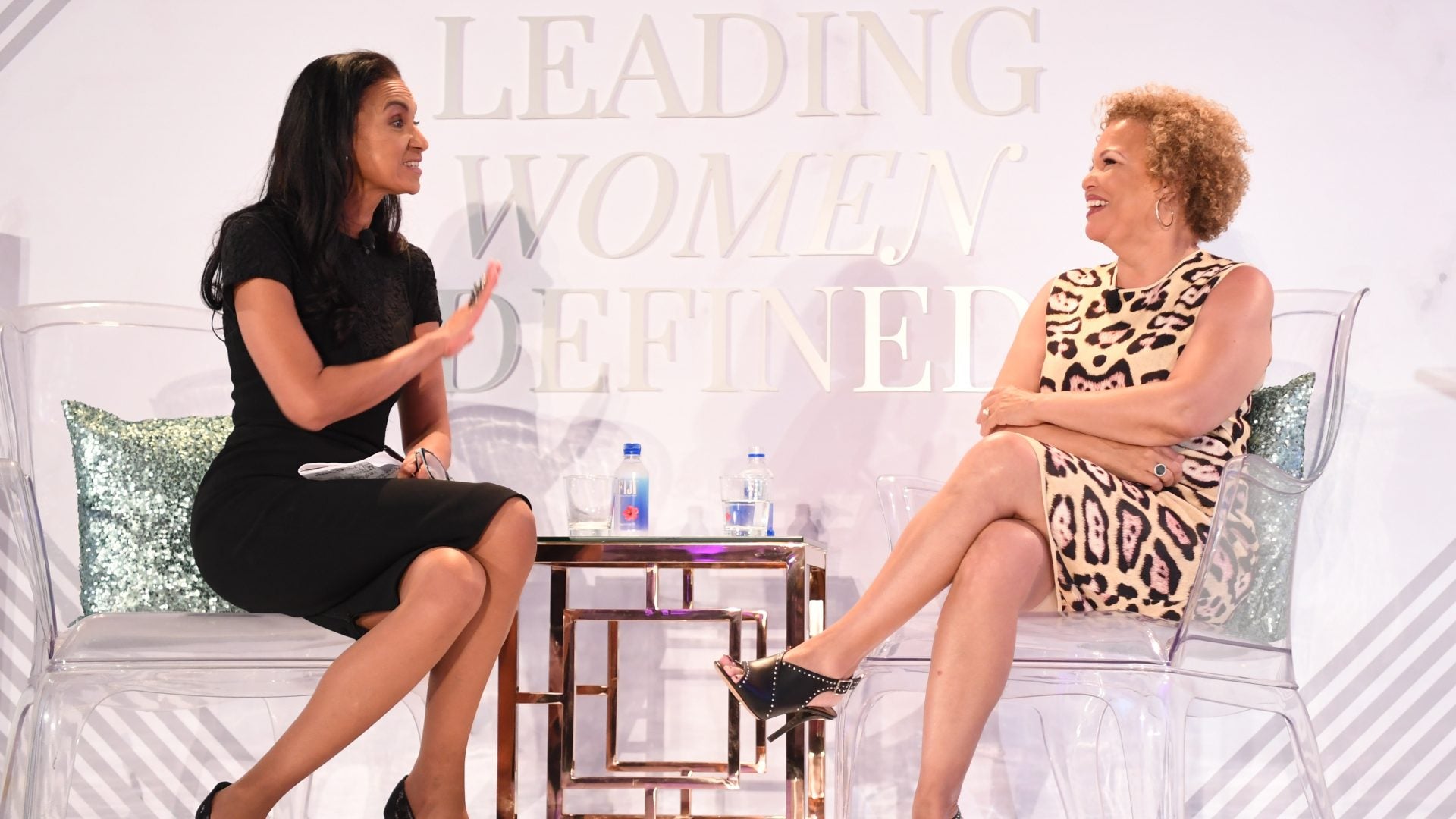
During the nearly four years since Debra Lee retired from her role as Chairman and CEO of BET Networks, she’s made it her mission to keep it moving. “Can’t stop, won’t stop,” she says with a laugh, giving a nod to Diddy.
Her first major step was relocating from the east coast to the west. “Both of my kids were here in LA and I also had friends here,” Lee says of making the decision to take the leap. “When I first moved from Washington, DC, I remember sitting on my deck for two weeks, which drove me crazy.” That feeling didn’t last long, though.
While she remains proud of the three decades-plus that she served in leadership at BET – including her roles as President and CEO, President and COO, as well as Executive Vice President and General Counsel – Lee was ready to chart a new course. She also wanted to find a way to be of service to others, especially women and people of color.
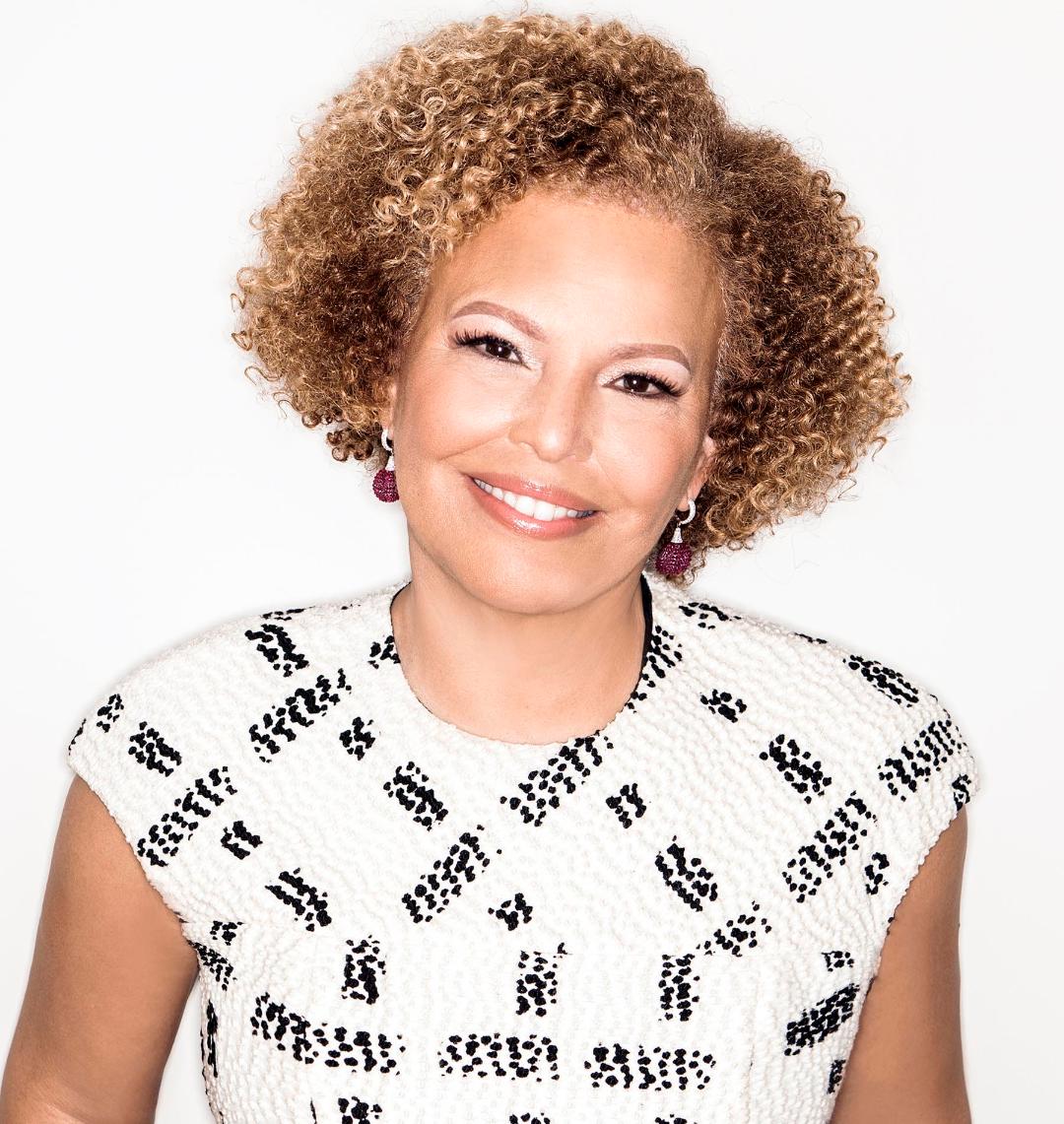
“I knew it was time to move into my purposeful part of life, as opposed to the productive part, which was my career. There were a lot of things I wanted to do, but I had to get organized.”
And so she did.
This week, she is inviting a group of prominent Black women to join her in Laguna Beach, California, for the annual Leading Women Defined Summit. The idea for the invite-only event – which has welcomed 150 – 175 guests each year ranging from Madame Vice President Kamala Harris, Former First Lady Michelle Obama and Misty Copeland, to Queen Latifah, Ava DuVernay and Venus Williams, among them – was conceived by Lee in 2010, while she was still heading BET.
“During the period when hip-hop was getting a lot of criticism in terms of the music and its [depiction] of women, BET was airing a lot of hip-hop videos,” she says. “Although we had a standards and practices committee, we were being criticized, from both sides, and I was being criticized, individually, too. It was a no-win situation.” That’s when she had the idea to start a women’s conference.
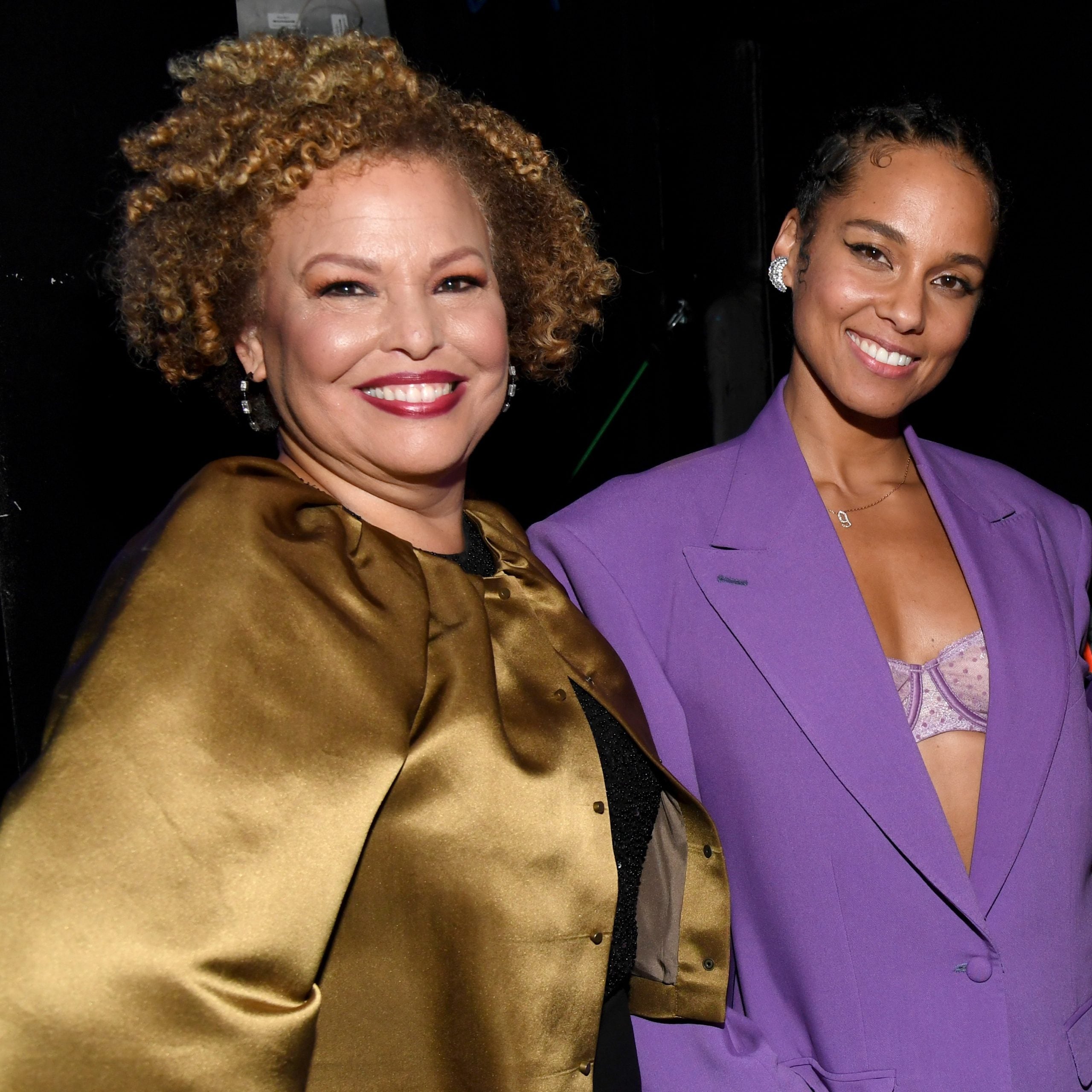
“Being at the top of your game can be lonely, so I decided to go through my Rolodex to invite the number one, number two and number three Black women from every area [of business] to get together. Instead of talking about hip-hop lyrics, which is all we seemed to be talking about back then, I wanted us to talk about how to help President Obama, who’d just been elected, how to help our sons and daughters, how to help Haiti and also, how we could help and support each other. Offering so many Black women a safe space to talk has turned into something really magical.”
Along with Leading Women Defined, she’s found a way to create change, from the inside. Having served on corporate boards for over 20 years, Lee has long understood the power of representation. “Data has shown that boards with a diverse group of directors do better with profits and growth,” she says. “Whether a company is in consumer products or media, they should want their boards to reflect their consumer.” When George Floyd was murdered on May 25, 2020, everything shifted. “Seeing that image on TV is something that you can never forget and so many of us were asking ourselves, What can we do?”
What she did was partner with fellow executive, Rabia de Lande Long, with whom she co-founded The Monarchs Collective, an organization designed to assist companies with finding Black members for their board of directors. “There were many young people pulling back the curtain on companies and asking, How can you claim to support Black Lives Matter if you don’t have anyone Black on your board? Let’s see how your executive team looks, too,” she remembers. “We started getting a lot of calls from companies that were running around trying to find Black people and even more calls from people of color who wanted to be on boards but didn’t know how to go about it.”
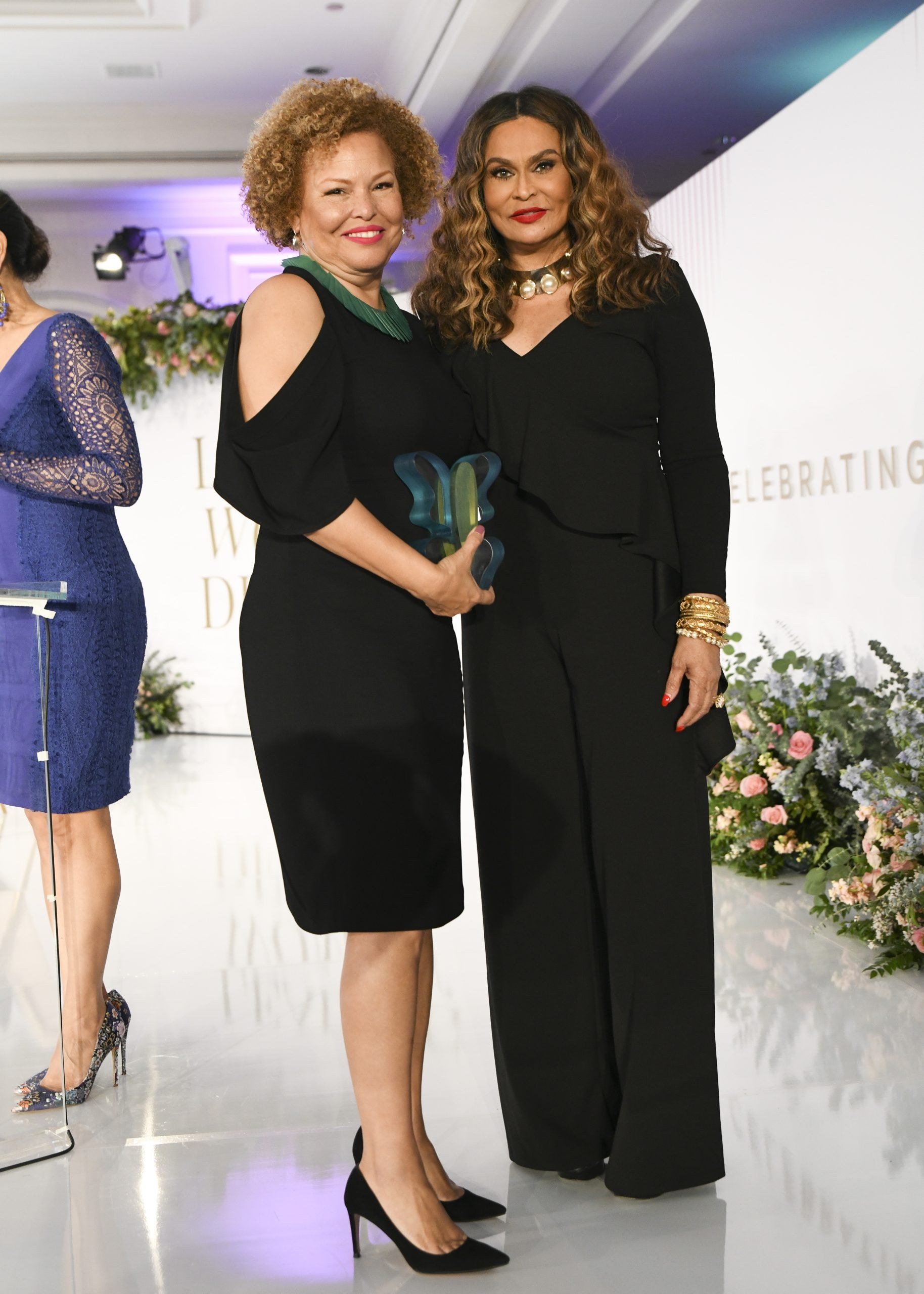
Lee, who currently serves on the boards of AT&T, Burberry Group, Marriott International and Proctor & Gamble, also wants to ensure that those following in her footsteps understand the importance of their role. “First, being on a board of directors is a fascinating way to learn about a company and see how the CEO makes decisions for the company,” she says. “Second, you can really make an impact on a company by helping them find other board members and assisting with issues related to diversity and hiring. And finally, since you’re paid board fees by the company and, in most cases, you also get stock in the company, it’s a way to create Black wealth.”
Looking toward the future, Lee is optimistic. “I’m still the same person I was for the 32 years I was at BET, but my focus is different now. Without the pressure of working in a corporate environment, I have more control over my time and I’m able to work on the projects I’m really passionate about,” she notes. “The only thing that’s really changed me was the death of my son, Quinn, in August 2020, which was very hard – it’s heartbreaking. Because he worked in the music industry, I started an internship program with the GRAMMY Museum to try to get more Black folks in, at an early level, to learn about the business and spend time at The Recording Academy. I really want his legacy to live on.”
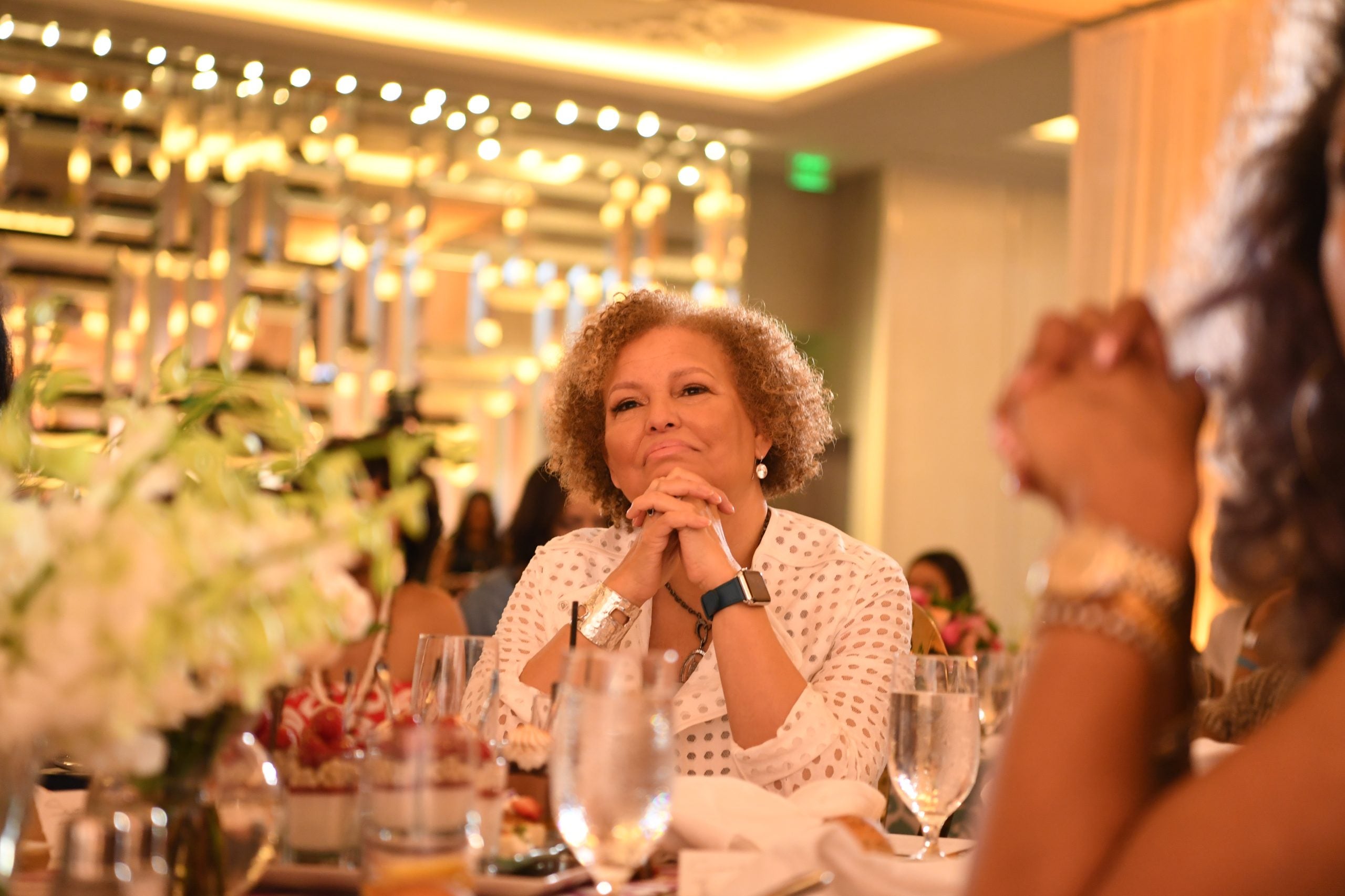
When asked about her legacy, Lee doesn’t miss a beat. “I hope it’s a mixture of having been a good businesswoman who led a company with compassion and care,” she says, “and also, provided young Black people and women with opportunities that they might not have gotten at other companies. That was part of my vision while I was at BET, [as well as] creating the original programming strategy and bringing the channel into the reality television world.”
She takes a beat, then adds, “I’m still defining my legacy, you know? I always say that I think I’ve got one more big thing left in me. I’m not sure what it is yet, but I know there’s more to come from Debra Lee.”
Spoken like a true leader.